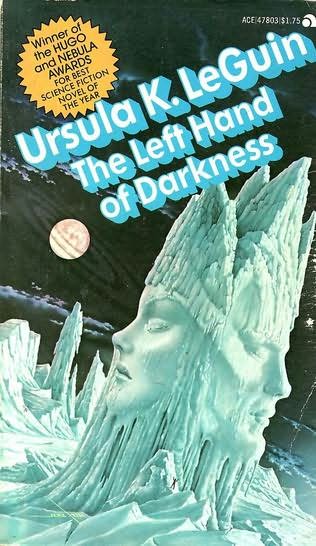Laura Bates, the founder of Everyday Sexism Project, is getting married: congrats! She has written in the Guardian about how to have a feminist wedding. Basically, it is an example of the personal being political. Laura Bates writes about her personal choices, which she has every right to make, but many feminists would lament that she did not go far enough in demonstrating her feminist credentials. A close feminist friend showed me the article and described it as retrogressive and non-radical. I feel somewhat more forgiving, as the article is much more one woman’s very personal choices and wrestling with deeply ingrained sexism of this traditional rite of passage.
I have been celebrating weddings as a priest of the Church of England for the last fifteen years, in Darlington, West Wiltshire, London and Oxford. I’m a man priest and a feminist (not too common a combination, sorry!) and I believe that it is easily possible to have a feminist wedding in church. The Church of England will not be offering same-sex marriages any time soon, but will probably get round to it in time for your gay children to enjoy the grace of this sacramental union.
Here is my how-to guide to feminist weddings in the Church of England.
Know the difference between folk tradition and liturgy
When most people think of church weddings they think of white dresses, bridesmaids, bouquet, giving away and all that kind of stuff. Absolutely none of this is required in a wedding in the Church of England. Even Laura Bates agonized about having to say she would ‘obey’ her husband, only to find her local rector tell her that the requirement to promise obedience was long gone (actually for a few decades longer than her rector told her).

Here is the key thing: there are things that the church legally requires for weddings, and then there is a lot of folk tradition and unrealistic expectations that is heaped on top of it, like burying an expertly baked cake under a gallon of squirty cream!
Liturgy is the words and actions used in church services (and a whole lot deeper than that too). The Church of England’s most recent set of liturgies was published in the year 2000, and is called Common Worship. You can find the wedding liturgy from Common Worship on-line (you can also download a complete PDF with all the marriage texts). Anything that is not specified in that is optional. So no white dresses, bouquet, bridesmaids, obeying or giving away, unless, of course, you want it.
Put down the wedding books — that are just about keeping the charade going — and read the wedding liturgy. The church has designed it to be gender equal by default!
There is also a financial advantage to knowing this: the church’s fees for weddings are set nationally and are not really all that steep. The huge expense of church weddings lies with all the expected but non-mandatory trappings. The central act of joining hands before the altar comes with a price tag of a few hundred pounds paid to your local church.
Cutting back on the folk traditions surrounding and suffocating weddings with patriarchal symbolism is an exercise in managing expectation. If you are a feminist, yet, like Laura Bates, feel that you cannot marry without some of the traditional trappings, then that’s really OK. It is tough to go against the expectations of a society, your family, and even your own emotions. Just make your feminism clear in other ways, and demonstrate that no patriarchal symbolism is intended.
Continue reading “How to have a feminist wedding in church”





